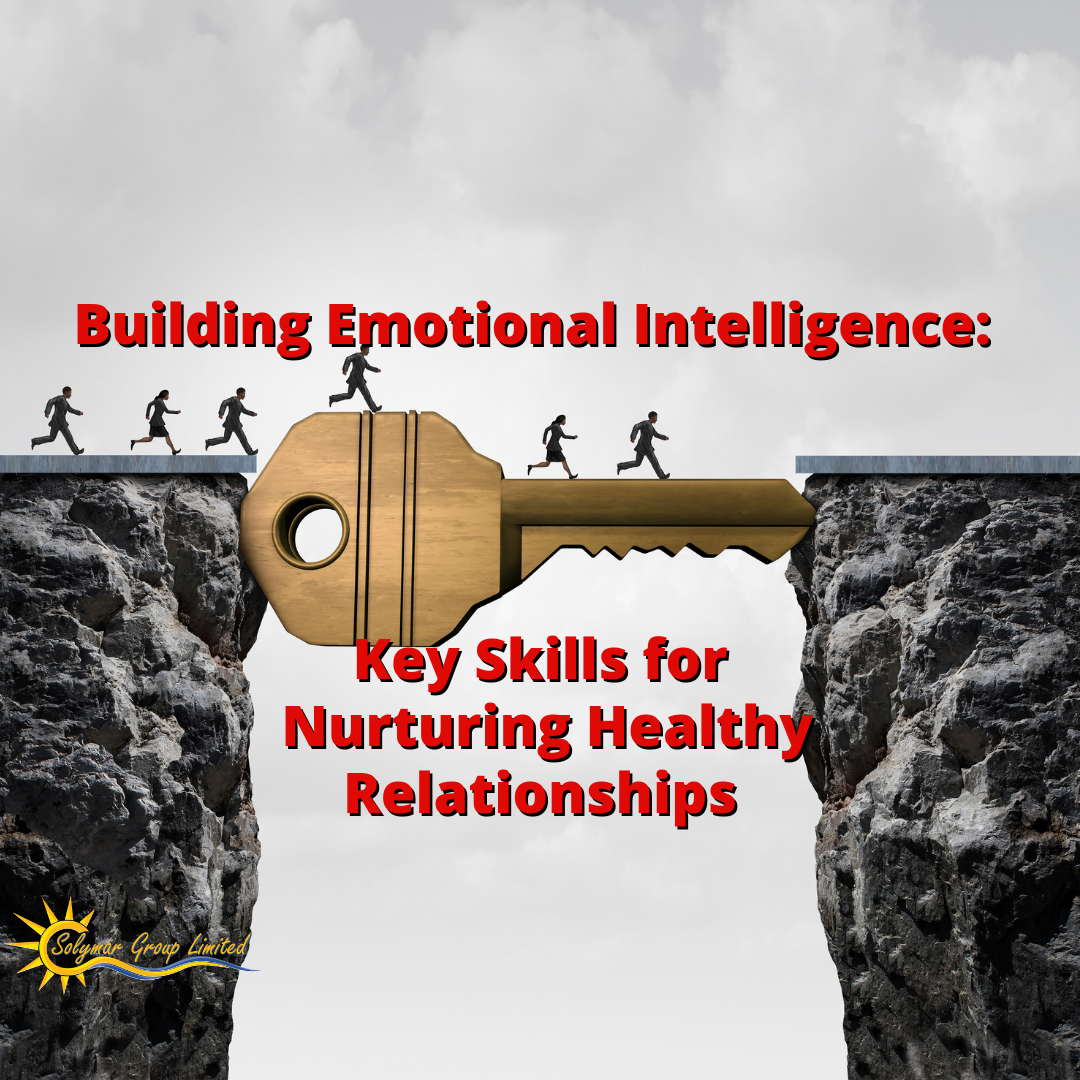 In today's interconnected world, the quality of our relationships plays a significant role in our overall well-being and happiness. A vital aspect of fostering healthy relationships is developing emotional intelligence, which involves recognizing and understanding our emotions and those of others. By cultivating emotional intelligence, we can navigate social interactions more effectively, communicate authentically, and build deep, meaningful connections. In this article, we will explore the key skills that can help you build and nurture emotional intelligence, leading to stronger and more fulfilling relationships.
In today's interconnected world, the quality of our relationships plays a significant role in our overall well-being and happiness. A vital aspect of fostering healthy relationships is developing emotional intelligence, which involves recognizing and understanding our emotions and those of others. By cultivating emotional intelligence, we can navigate social interactions more effectively, communicate authentically, and build deep, meaningful connections. In this article, we will explore the key skills that can help you build and nurture emotional intelligence, leading to stronger and more fulfilling relationships.
-
Self-awareness: The foundation of emotional intelligence lies in self-awareness. Take time to reflect on your own emotions, strengths, weaknesses, and values. Understanding your emotional triggers and how they influence your behavior is crucial in managing and responding to emotions effectively. Regular self-reflection helps you develop a deeper understanding of yourself, paving the way for improved relationships with others.
-
Emotional regulation: Emotional regulation involves the ability to manage and control your emotions appropriately. Practice identifying and expressing your feelings in a healthy manner, rather than suppressing or reacting impulsively. By regulating your emotions, you can respond to challenging situations calmly and thoughtfully, fostering open and constructive communication with others.
-
Empathy: Empathy is the ability to understand and share the feelings of others. Cultivate empathy by actively listening to others, seeking to understand their perspectives, and validating their emotions. Put yourself in their shoes and imagine how they might be feeling in a given situation. Empathy enhances compassion and builds trust, creating a solid foundation for healthy and supportive relationships.
-
Effective communication: Clear and effective communication is crucial in nurturing healthy relationships. Practice active listening, where you fully engage with the speaker, show genuine interest, and avoid interrupting or judging. Use open-ended questions to encourage dialogue and create a safe space for others to express themselves. Be mindful of non-verbal cues such as body language and tone of voice, as they convey powerful messages in communication.
-
Social skills: Developing strong social skills enables you to navigate various social situations and build connections with others. Seek opportunities to engage in social activities, join groups or communities that align with your interests, and practice initiating and maintaining conversations. By honing your social skills, you can create a positive and inclusive environment, fostering healthy relationships with a diverse range of individuals.
-
Understanding others: Building emotional intelligence involves recognizing and respecting the unique perspectives and experiences of others. Strive to understand different viewpoints, cultures, and backgrounds. Expand your knowledge through reading, engaging in meaningful conversations, and exposing yourself to diverse perspectives. Developing a broad understanding of others promotes empathy and inclusivity in your relationships.
-
Conflict resolution: In any relationship, conflicts are bound to arise. Emotional intelligence equips you with the skills to navigate conflicts effectively and find constructive solutions. Practice active listening, acknowledge the emotions of all parties involved, and seek common ground. Focus on finding win-win solutions that take into account the needs and concerns of everyone involved, fostering understanding and strengthening relationships in the process.
In conclusion, building emotional intelligence is a transformative journey that allows for the development of healthier and more meaningful relationships. By cultivating self-awareness, emotional regulation, empathy, effective communication, social skills, understanding, and conflict resolution, you can enhance your emotional intelligence and nurture strong connections with others. Remember, emotional intelligence is a lifelong skill that can be continually refined and deepened, leading to more fulfilling relationships and a greater sense of well-being.
Hashtags: #EmotionalIntelligence #HealthyRelationships #EmotionalIntelligenceSkills #BuildingConnections #SelfAwareness #CommunicationSkills






